Moisturizing Oils Vs. Sealing Oils – What’s The Difference?
Understand the contrast between the two before you include them in your wellness routine.

Image: Shutterstock
Hair oils can have different functions. Some moisturize the hair roots, while others work as sealing oils. If you are confused by the moisturizing oils vs. sealing oils debate, we can help clear the confusion. Both have unique benefits and work in different ways to ensure nourishment of the hair. So, which one is the best for your hair? Read this article to learn more.
In This Article
Moisturizing Oils Vs. Sealing Oils – Which Oil Type Is Better?
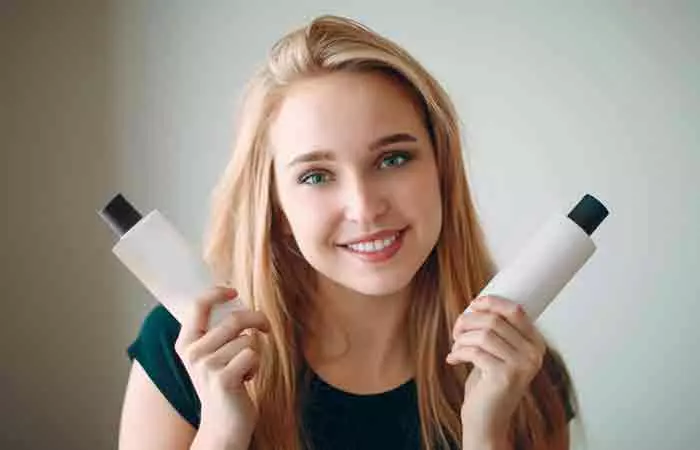
The real answer to this question, as always, is that it depends. The impact of these oils can vary between individuals and depends on the balance of hair oiliness and dryness from scalp to scalp , and there are not a lot of ways to determine how they will impact you. But we can lay out the pros and cons for each and enable you to make a better choice. That is precisely what the following sections will attempt to do.
Key Takeaways
- Moisturizing oils penetrate the hair shafts to preserve moisture, whereas sealing oils coat the hair shaft and prevent moisture loss.
- Olive, coconut, and avocado oils are popular moisturizing oils, whereas grapeseed and jojoba oils are sealing oils.
- Moisturizing oils are commonly used before shampoo while sealing oils are used after a hair wash.
What Is A Moisturizing Oil?
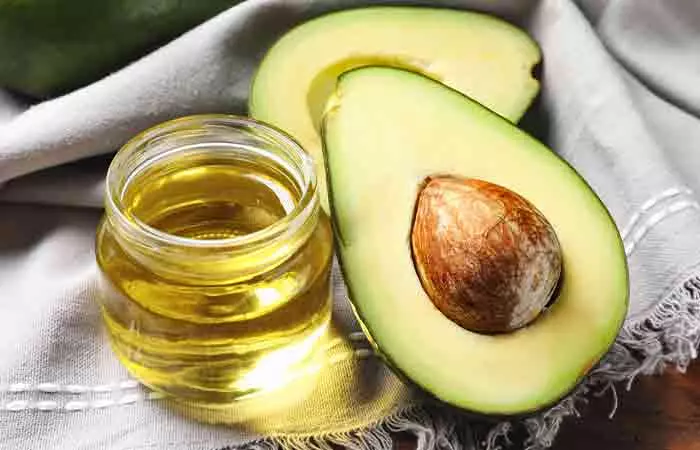
Moisturizing oils are also known as penetrating oils as they penetrate the outer layers of the hair cuticle and access the inner layers of hair structure. They preserve moisture inside the hair shaft and hair follicles (1). This makes hair significantly more resilient and resistant to breakage. The following are the types of moisturizing oils that help with hair dryness.
- Avocado Oil
Avocado oil
contains several essential fatty acids, nutrients, including biotin, and vitamins A and E (2). It offers your scalp antioxidant hair protection and also may help fight dandruff. It helps improve hair length and reduce hair breakage and frizz.
- Coconut Oil
Coconut oil
reduces hair breakage by improving hair strength, thus helping in hair growth and is also a good natural scalp (skin) moisturizer (3).
Audrey, a YouTuber, applied coconut oil to her hair and kept it overnight. Talking about the difference she saw, after rinsing off the oil with shampoo, she said, “My hair looks a lot more shiny and less frizzy after using coconut oil compared to when I don’t use it (i).” She also said that her split ends looked less apparent than it would if she hadn’t used the oil.
- Olive Oil
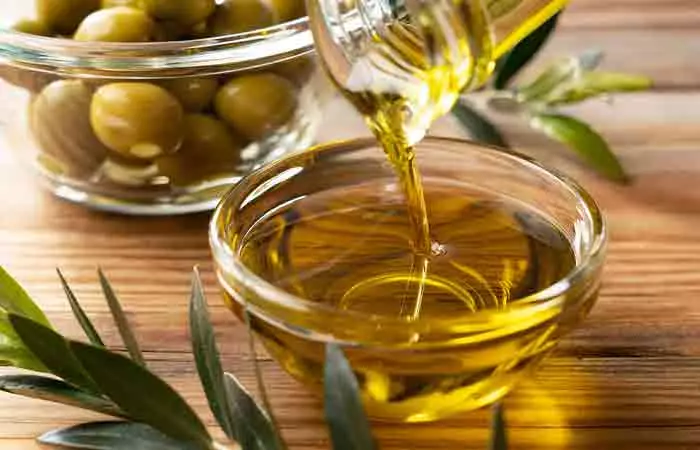
Olive oil not only provides moisture for your hair but also boosts hair shine. Additionally, it reduces hair breakage and can even help reduce hair split ends at hair tips and hair flyaways (4). It also could treat hair frizz, hair brittleness, and hair elasticity and make detangling easy.
How To Use?
The best ways to apply moisturizing oils are as follows:
- Pre-Poo
Pre-poo
refers to the activity of applying oil before you shampoo. This has a number of advantages. It adds a significant amount of extra hydration to your hair. It also acts as an emollient and softens your hair, boosts hair shine and adds hair volume.
- Oil Rinse
This method refers to washing your hair with a mixture of oil and conditioner. Apply the mixture to your hair and scalp and retain it for a while. Wash as usual.
 Quick Tip
Quick TipWhat Is A Sealing Oil?
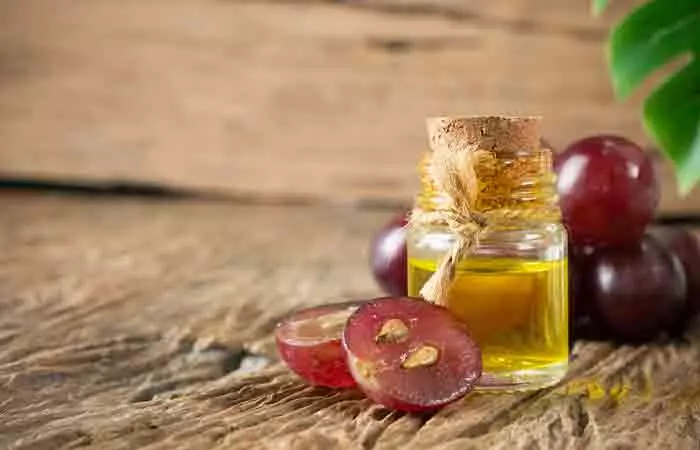
While moisturizing oils penetrate the hair layers, sealing oils stay on top of the hair and seal inherent hair moisture. They can also be used in hair styling and hair maintenance. The following are the types of sealing oils.
- Grapeseed Oil
People with thin hair generally prefer grapeseed oil. The oil has low viscosity (5). It is light and does not weigh your hair down.
- Jamaican Black Castor Oil
Jamaican black castor oil is an excellent option for people with good hair thickness and hair density or curly hair. It has a high hair porosity and consistency that coats hair significantly and helps in deeper hair penetration and hair absorption.
- Jojoba Oil
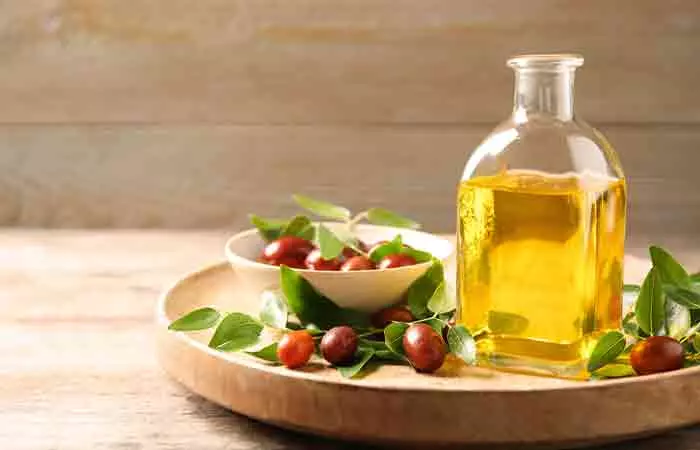
The benefits of jojoba oil for hair are manifold. Jojoba oil helps clean the scalp and its anti-inflammatory properties may help prevent any scalp issues (4). Its consistency is similar to that of natural oils.
How To Use?
The best way to apply sealing oils is as follows:
- After Your Leave-In Conditioner
You may apply a sealing oil after and over your leave-in conditioner. The oil sits on top of the hair strands and adds shine. It also eliminates the necessity for additional hair products. These oils also help remove hair frizz and hair static.
 Quick Tip
Quick TipInfographic: How Is A Moisturizing Oil Different From A Sealing Oil?
Not all oils are the same. You cannot use a moisturizing oil as a sealing oil, and vice versa. The infographic below gives a brief overview of the major differences between these two oils. Check it out for more information.
Some thing wrong with infographic shortcode. please verify shortcode syntaxWe hope this article has settled the debate on moisturizing oils vs. sealing oils and helped you understand their basic differences. Both these oils benefit the hair. But the choice entirely depends on the hair types. As the name suggests, moisturizing oils deeply moisturize the hair and preserve the moisture in the hair shaft. Sealing oils stay on the top layer of the hair and seal the moisture content of the hair, improving the hair health. Avocado oil and olive oil are moisture oils, grapeseed oil, and jojoba oil are sealing oils. You can use them depending on the need and type of your hair.
Frequently Asked Questions
What are the best times to use moisturizing and sealing oils?
Use moisturizing oils before shampooing or on damp hair to hydrate effectively. Sealing oils work best after conditioning or on dry hair to lock in moisture and prevent dryness.
Is argan oil a sealing oil or moisturizing oil?
Argan oil is both a sealing and moisturizing oil. It implies that it can seal the strand on the surface while also penetrating the hair and helps in scalp care and hair care.
Can you mix moisturizing and sealing oils?
Yes, if you have a coarse hair texture, it is more prone to dry out quicker. Hence, you can apply a combination of moisturizing and sealing oils in addition to your other products to help preserve moisture.
Is shea butter a moisturizer or sealant?
Shea butter is considered a sealant because it is made mainly of oils. These oils don’t add water or additional moisture. Instead, they keep the moisture in your skin. Hence, shea butter works best as a sealant when applied after a water-based product. It can be applied to both skin and hair.
Is tea tree oil a moisturizer or sealant?
Tea tree oil is a natural moisturizer and conditioner. It removes any substances that make the scalp dry up and flake.
Is apricot oil a moisturizer or sealant?
Apricot oil can be used as a sealant as its light nature is excellent for sealing in moisture.
Learn the science behind moisturizing oils and sealing oils and how to use them for the best results. Watch the video to understand which one is the best for your skin type.
Personal Experience: Source
StyleCraze's articles are interwoven with authentic personal narratives that provide depth and resonance to our content. Below are the sources of the personal accounts referenced in this article.
i. I LEFT COCONUT OIL IN MY HAIR OVERNIGHT | COCONUT OIL FOR HAIR BEFORE AND AFTER RESULTShttps://www.youtube.com/watch?v=shr5uyi9iqk
References
Articles on StyleCraze are backed by verified information from peer-reviewed and academic research papers, reputed organizations, research institutions, and medical associations to ensure accuracy and relevance. Read our editorial policy to learn more.
- Investigation of penetration abilities of various oils into human hair fibers.
https://pubmed.ncbi.nlm.nih.gov/16258695/ - Hass Avocado Composition and Potential Health Effects
https://www.ncbi.nlm.nih.gov/pmc/articles/PMC3664913/ - Effect of coconut oil in plaque related gingivitis A preliminary report.
https://www.ncbi.nlm.nih.gov/pmc/articles/PMC4382606/ - Anti-Inflammatory and Skin Barrier Repair Effects of Topical Application of Some Plant Oils
https://www.ncbi.nlm.nih.gov/pmc/articles/PMC5796020/ - Grape (Vitis vinifera L.) Seed Oil: A Functional Food from the Winemaking Industry
https://www.ncbi.nlm.nih.gov/pmc/articles/PMC7599587/
Read full bio of Shantella Rios
Read full bio of Annie Jangam
Read full bio of Eshna Das
Read full bio of Swathi E






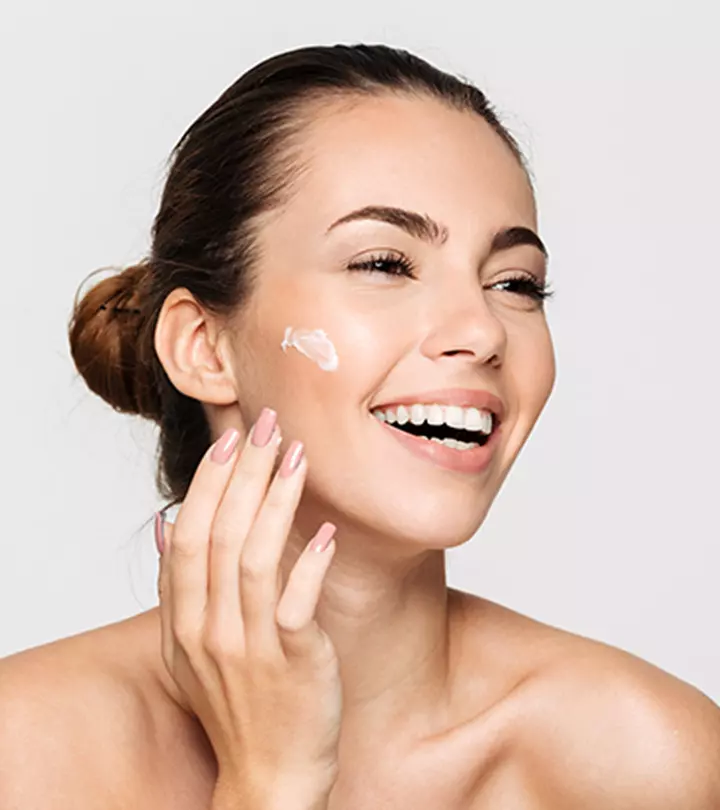


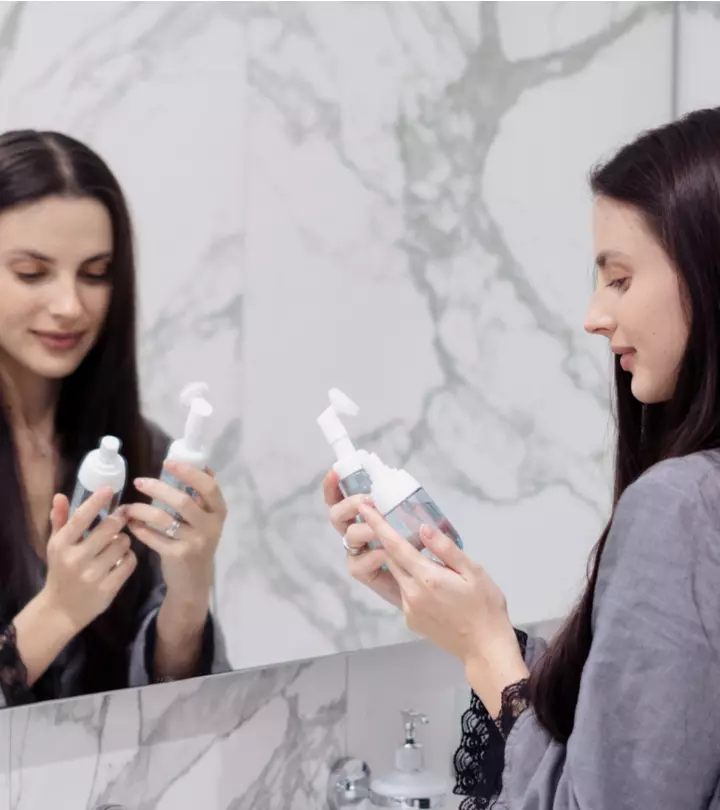
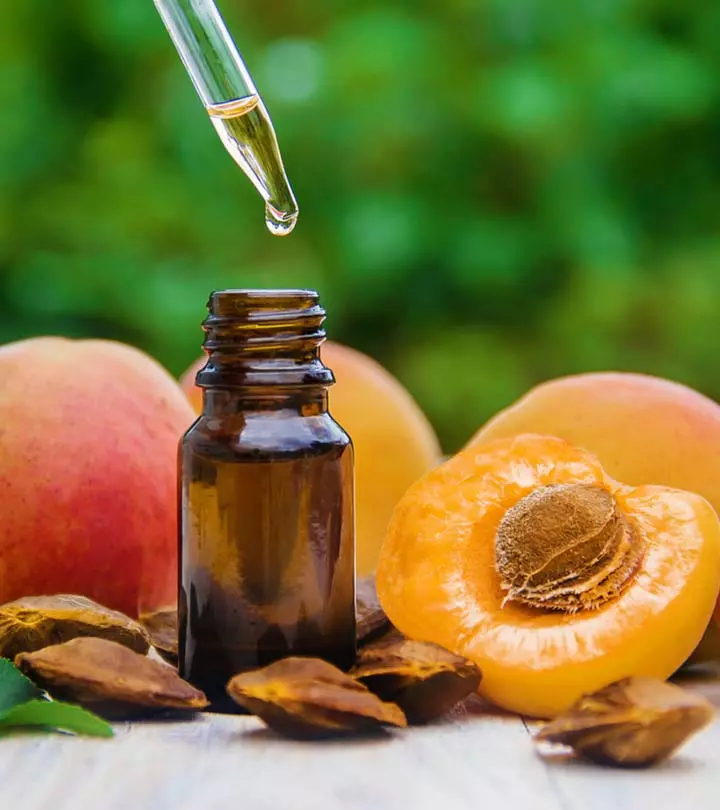

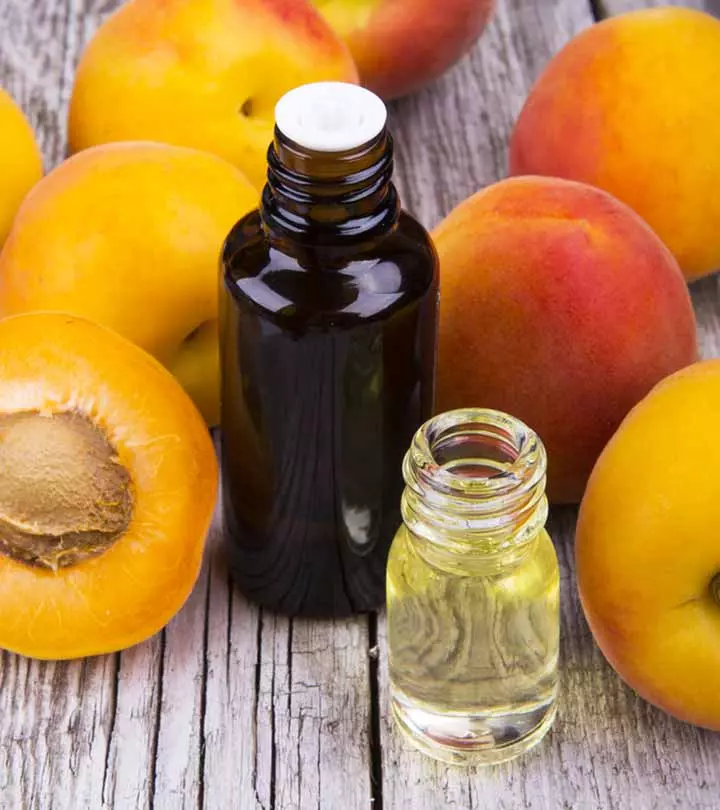
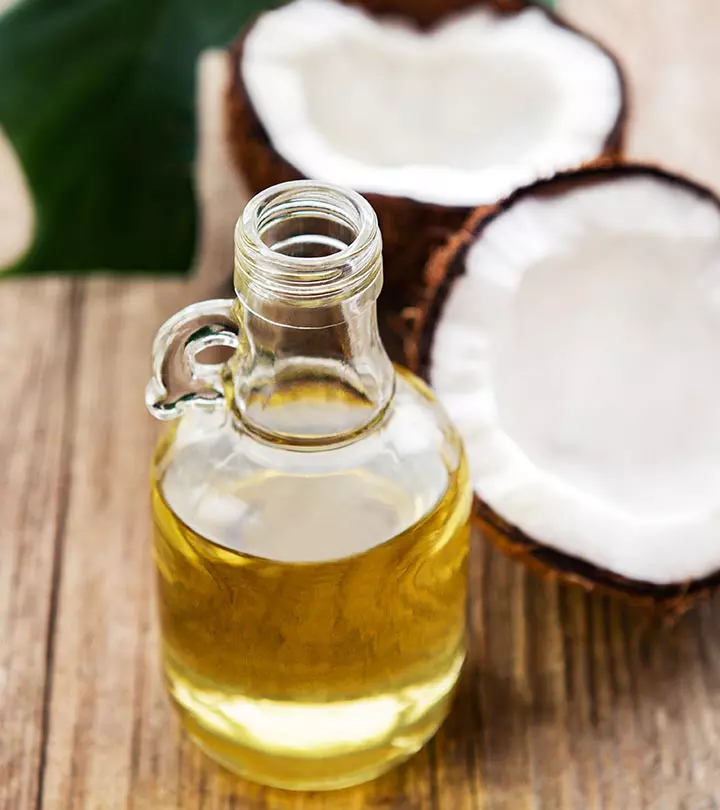

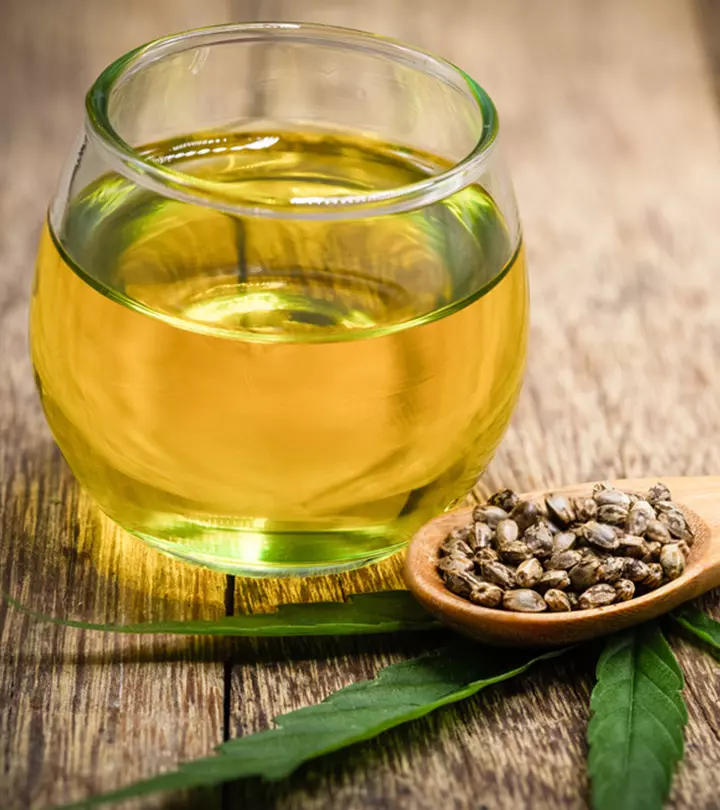
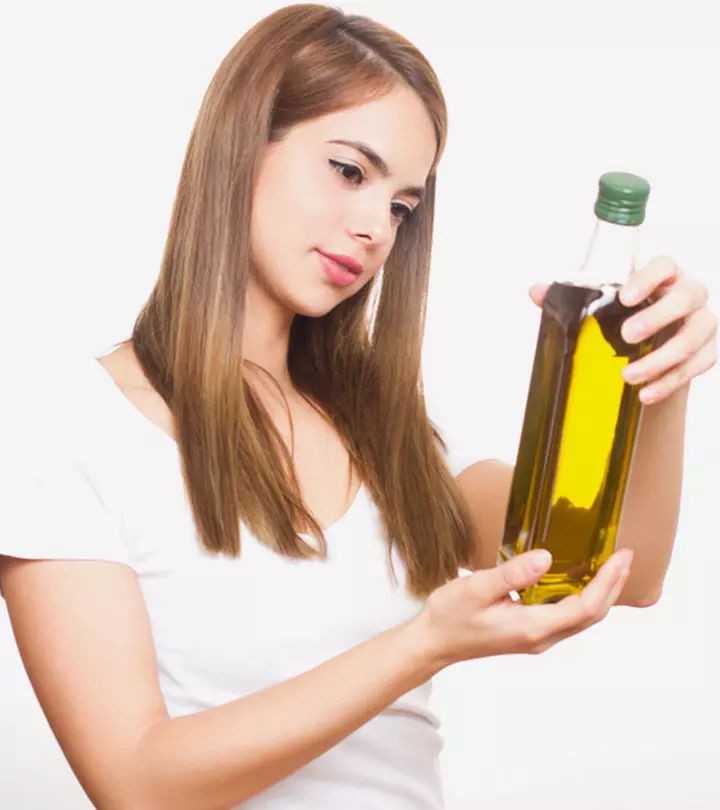
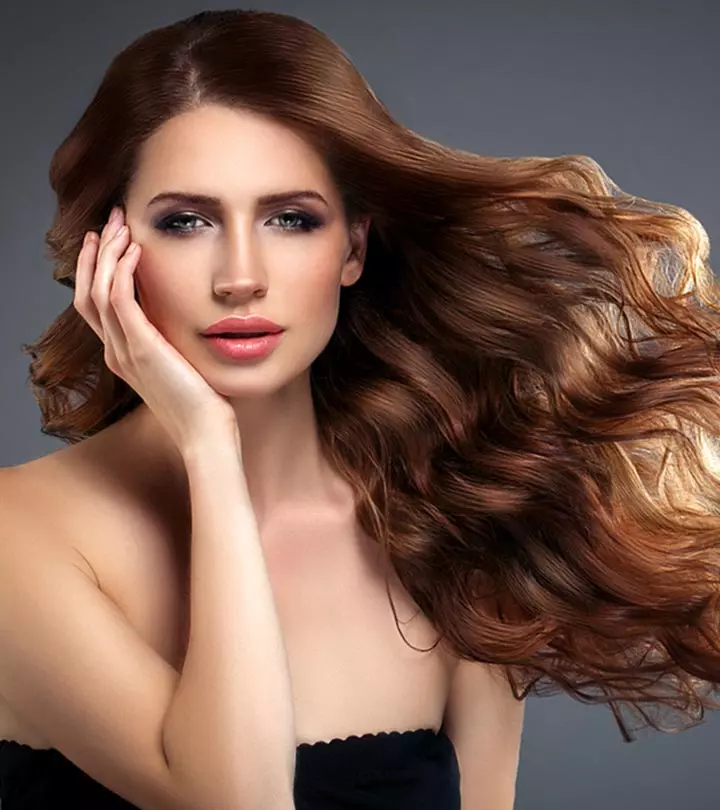
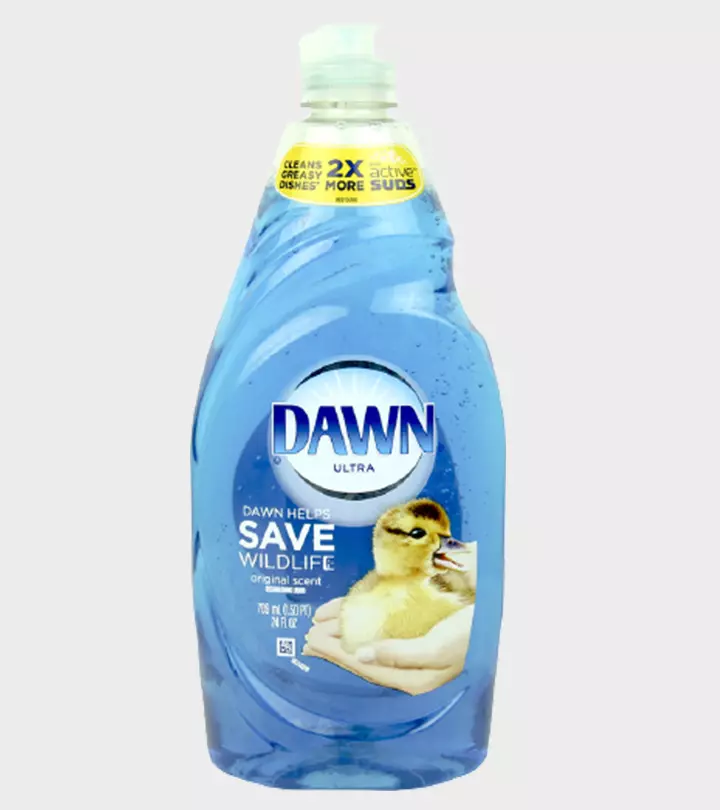

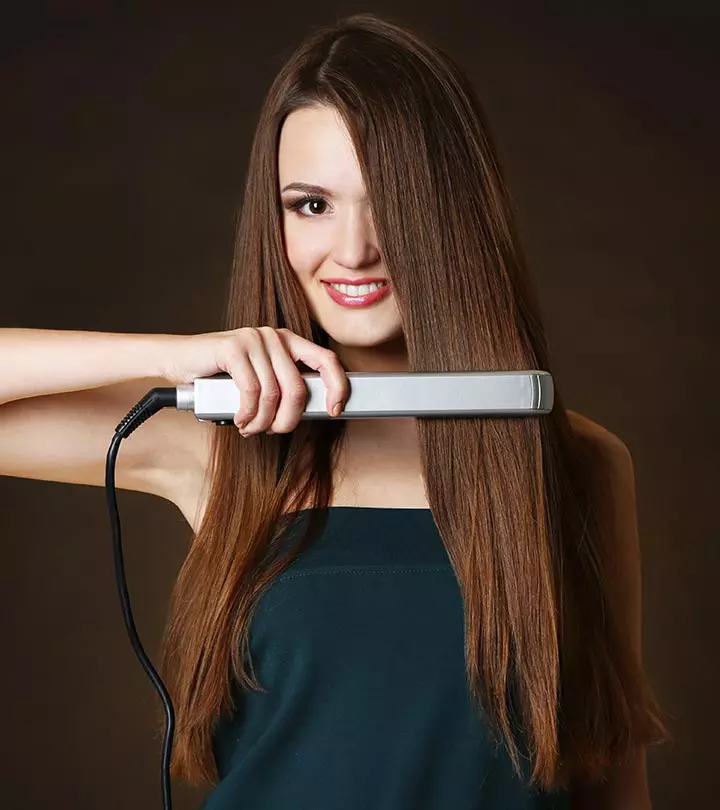

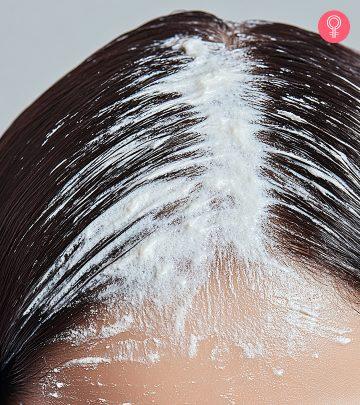
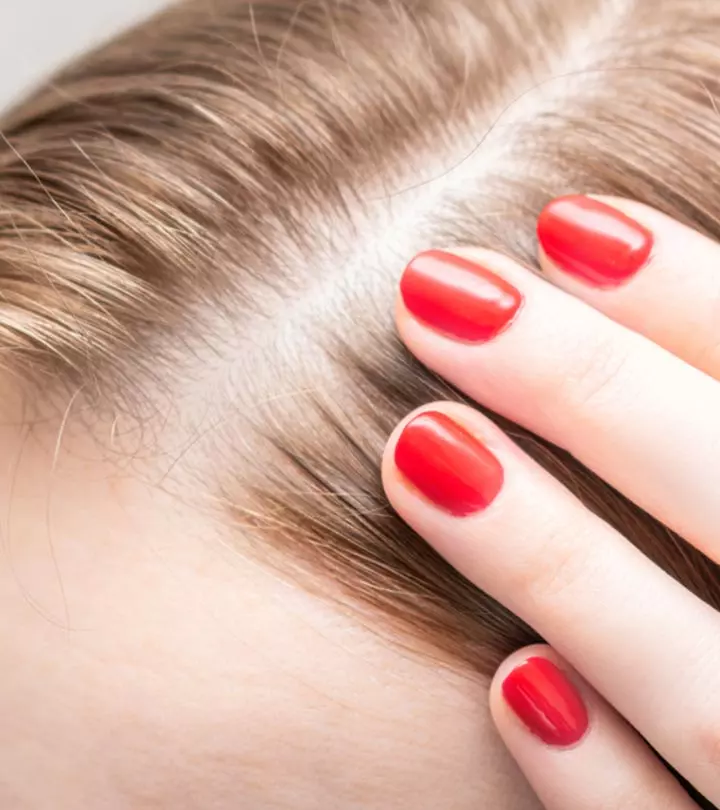
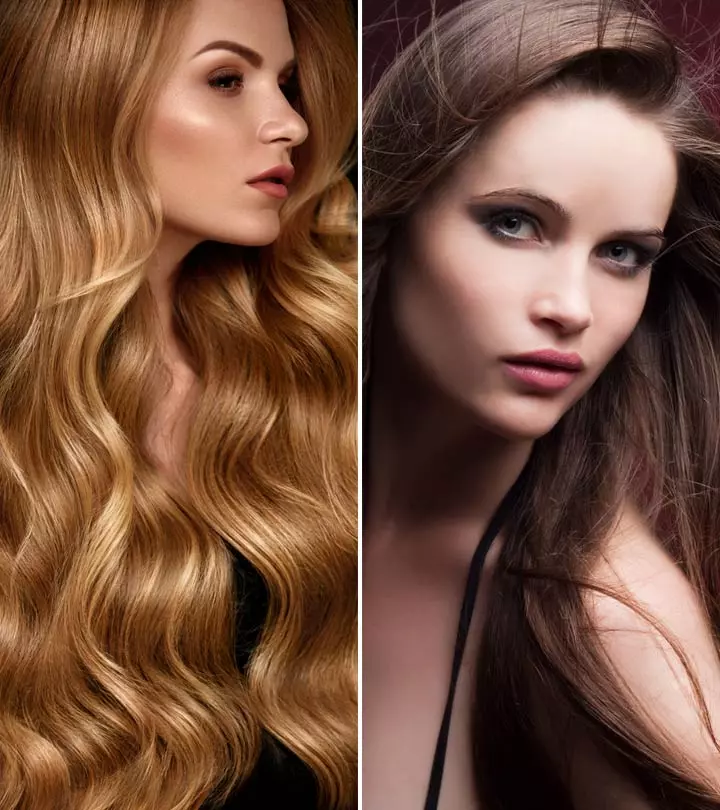

Community Experiences
Join the conversation and become a part of our empowering community! Share your stories, experiences, and insights to connect with other beauty, lifestyle, and health enthusiasts.